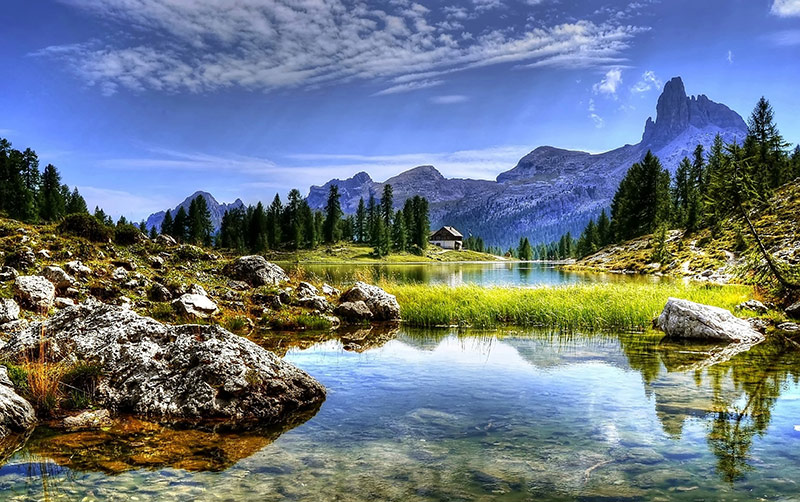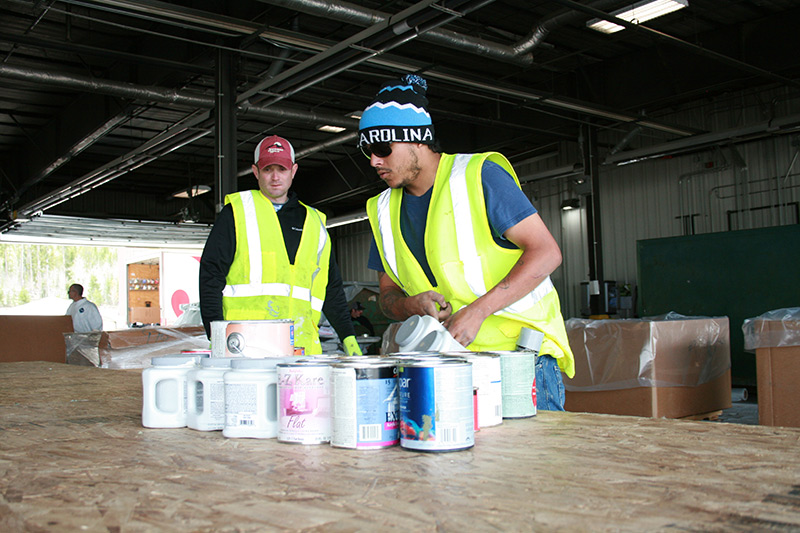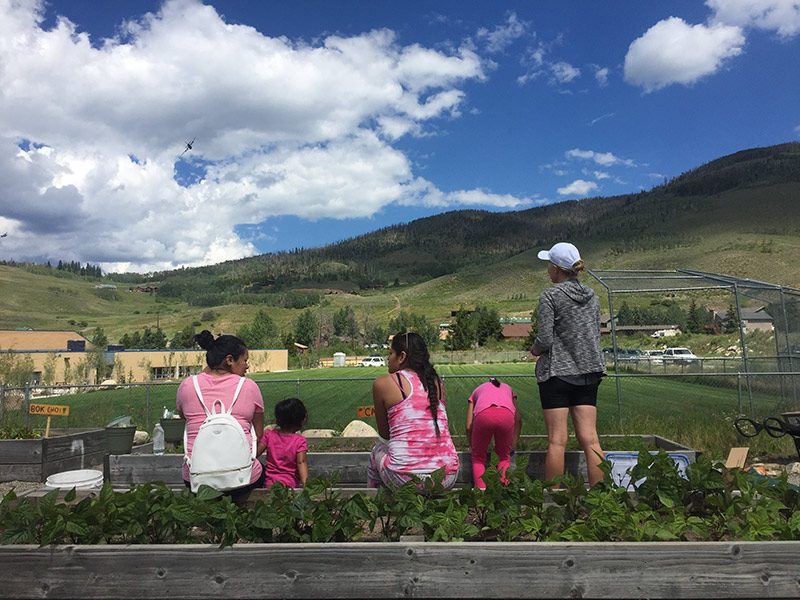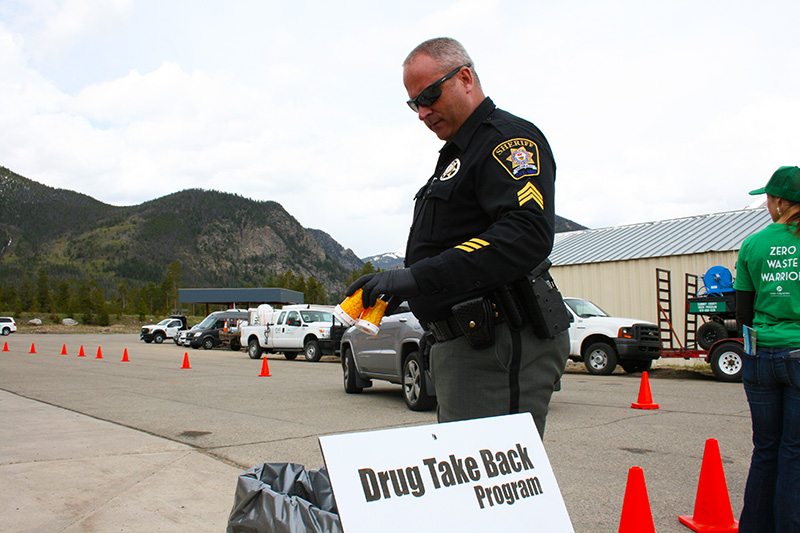
Dear Eartha, I’m trying to be a better water steward. What are some ways to improve water quality?
Glad you’re interested in preserving water quality. Water stewardship is a key component to keeping our waterways clean, our drinking water safe, and protecting aquatic life. Water pollution occurs everywhere, and everyone should do their part to decrease negative impacts. According to the Environmental Protection Agency, stormwater runoff is the biggest threat to American water quality. Runoff often isn’t treated and therefore flows directly into our local waterways along with whatever pollutants it carries. Here are some steps you can take to protect water locally and downstream.
Check your vehicle for fluid leaks, and repair them. Fluids collected on pavement will runoff into the water supply. Repair leaks responsibly to protect the environment and save your wallet the stress of replacing fluids unnecessarily.
Recycle used auto fluids like oil and antifreeze at an auto parts store or the County’s landfill. Disposing of them improperly allows them to infiltrate the water supply.
Dispose of Household Hazardous Waste (HHW) at the Summit County landfill. HHW includes paints, stains, fertilizers, pesticides, cleansers, solvents, and flammable liquids. These all contain chemicals harmful to our water. Instead of using chemical-laden cleaning products in the first place, try eco-friendly versions or use materials you already have on hand like vinegar and baking soda to do the trick. There are several books on green cleaning available at the Summit County libraries, and an internet search yields a plethora of information.
Shop for non-toxic and non-antibacterial personal products that don’t harm our environment. In addition to cleaning products, you can find environmentally-friendly personal products at many stores now. You can also visit Environmental Working Group’s website at ewg.org/skindeep for recommended products.
Compost or mulch your yard waste. If you allow yard waste to wash away, it can obstruct flow downstream which then can contribute to flooding and erosion problems. When yard waste ends up in waterways, it decomposes and depletes oxygen in the water. As a result, the water becomes unsightly and releases a foul odor. Moreover, the waste can lead to algae blooms and fish kills due to larger-than-normal amounts of nutrients deposited there.
Avoid pesticides and chemical fertilizers. They pollute both ground and surface water. Instead, find natural ways to help your garden thrive. A quick internet search will get you some answers, but you should also inquire at our local garden centers for information on what works best in our environment.
Pick up after your pet. Their waste allows harmful bacteria to enter our waterways. Be a good citizen and toss your dog’s doo in the garbage. If you have the space, you can use a dog-waste-only composter at your home to dispose of it. The compost can then be used in decorative gardens, but not edible ones as it can carry harmful pathogens.
Plant in runoff areas. Plants act as a filtration system for water. They absorb runoff (also preventing erosion), which is then filtered by roots and surrounding soil. Nutrients that may be considered pollutants for waterways are actually broken down and taken in as food by the plant roots. Areas covered in paving can’t absorb water, and therefore allow it to runoff or enter storm drains.
Don’t flush medications. They pollute our drinking water and can harm aquatic wildlife. Summit County is fortunate to have the Pharmaceutical Take-Back program, enabling you to dispose of expired and unused meds at the Summit County Justice Center, the Dillon Police Department, or Prescription Alternatives in Frisco. Our community recently disposed of 218 pounds of pharmaceutical and over-the-counter medications at Summit County’s Annual Recycling Event last Saturday.
Don’t litter. It often ends up in waterways. If you see someone litter, encourage them not to do so. You can also organize a cleanup where others have littered.
A lot of the water supply in the Western United States starts right here in Colorado. Why not set an example of good water stewardship? By following these guidelines and sharing them with others, your efforts will go a long way, Jim. We all live downstream from someone else, and we’d like if they kept the water clean. We also live upstream from others who rely on us to keep that water as clean as we received it. So, keep up the great work, and way to be a local water warrior!



